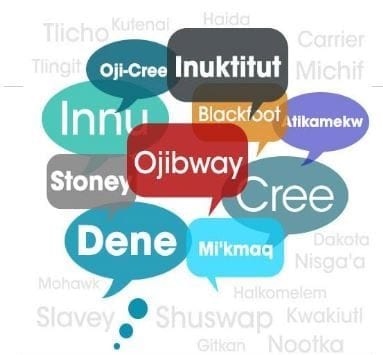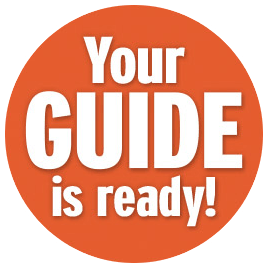Indigenous Language Guide
 The United Nations has declared 2019 as the International Year of Indigenous Languages.
The United Nations has declared 2019 as the International Year of Indigenous Languages.
There are approximately 5000 Indigenous languages globally, around 70 Indigenous languages here in Canada, some of which are endangered. There is an urgent need to preserve, promote and revitalize these languages.
Did you know the Red River College Library has many great resources for Cree, Ojibwe, and Ojibwe-Cree languages? Check out our guide on Indigenous Languages for links to many resources (print and electronic).
Find the INDIGENOUS LANGUAGE guide here:
rrclibrary.libguides.com/Indigenous_language
or
- Go to library.rrc.ca
- Click on “Your GUIDE is ready.”
- Select the subject box – Indigenous Language is in the Indigenous Education section – to see all the guides on this subject.
- Click the desired guide and you have a great starting point.
Other guides you may find interesting:
- Community Economic Development (library.rrc.ca/Comm_Economic_Dev)
- Residential Schools (library.rrc.ca/ResidentialSchools)
What is a Guide?
 Guides are curated web pages created by our library staff. Many people who are starting to explore a topic aren’t sure where to start – there are so many options and it can be overwhelming.
Guides are curated web pages created by our library staff. Many people who are starting to explore a topic aren’t sure where to start – there are so many options and it can be overwhelming.
Guides are a starting spot for students looking for more information on a particular topic in the collection. A guide will typically include featured books and journals (both print and electronic), databases, Videos (DVDs and streaming) and websites. They may also include specialized information specific to the topic (i.e. WHIMIS or resources specific to an assignment).
Do not hesitate to contact guide owners (information is on the guide) if you have any suggestions to improve this guide (content or special interest areas) or stop by the library – we would love to hear from you. If you would like to see a specific guide for a particular topic please let us know.
We encourage you to share this resource with your students, include it on your Learn site and help us promote this Library tool.
